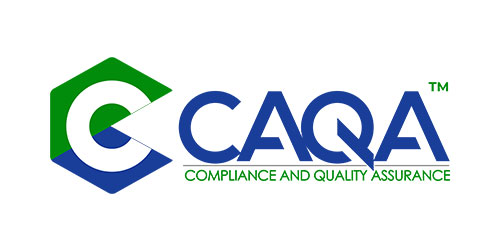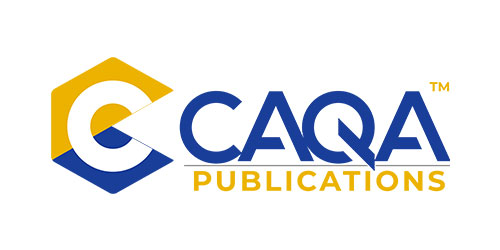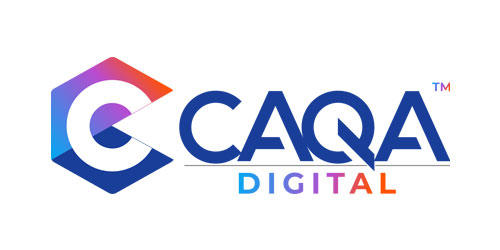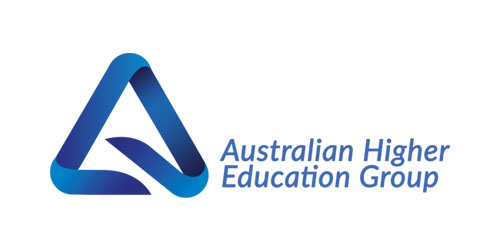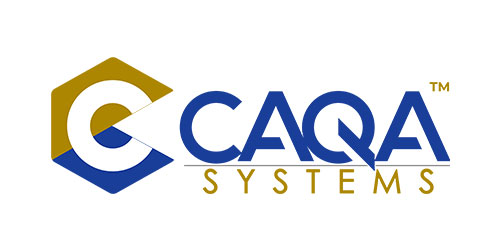
Some potential challenges with “fee-free TAFE”
Challenges associated with “fee-free” training
Recently, the vocational education and training (VET) sector have seen an increase in fee-free training. In this scenario, a government body pays the fees for training, so that students do not have to pay any fees or only pay minimal administration charges.
Despite it sounding like a great idea, this arrangement could pose some challenges.
Student decision-making is the first and foremost impact. Are students more likely to choose courses based on the fact that they are fee-free rather than because they are passionate about the occupation they will achieve?
Additionally, marginal costs need to be considered. In addition, additional students can strain TAFE resources and increase costs overall when their support needs are higher than traditional TAFE students.
It could also create a two-tier system, in which fee-paying students are seen as more committed and serious about their studies than those who do not pay fees. Graduates from fee-free training organisations may be less likely to be hired by employers as a result.
The financial stability of fee-free training organizations is another challenge. This is because they will not have the same income from fees that other training organisations have. As this is worth noting that fee-free training organisations are usually only funded for a limited period of time. This means that they may not be around for long, which could cause problems if students need to access further training or support after completing their course.
This is creating an uneven playing field between different types of training providers. For example, private providers who still charge fees may be at a competitive disadvantage compared to fee-free providers.
It is important to consider the potential impact of fee-free training on student demand. If students are not required to pay any fees, they may be less motivated to complete their studies or take up employment after completing their training.
This could lead to fee-free training organisations being less able to invest in high-quality resources and staff, which could ultimately impact the quality of training that they are able to provide.
While there are some challenges that come with offering fee-free training, there are also some potential benefits. For example, it could help to increase access to training for those who may not be able to afford it otherwise.
Despite some potential challenges associated with fee-free training organizations, it is important to remember that these organizations can still provide high-quality training. Each organization is responsible for ensuring that they have the resources they need to overcome any challenges they may face. Fee-free training has many potential benefits, but it can also present some challenges. Fee-free training may or may not be a good idea for an organization, depending on its specific circumstances and students’ needs.
2 years ago
Related News

11 September, 2018
Victorian TAFE free-for-all – is it beginning of another “Crisis”?
From January 2019, the Victorian Government will cover the cost of 30 TAFE courses and 18 pre-apprenticeship courses. The free courses run for up to two years and include accounting, agriculture, construction, plumbing, engineering and nursing. The free TAFE courses Non-apprenticeship courses Apprenticeship pathway courses Accounting, Certificate IV/Diploma/Advanced Diploma Automotive Air Conditioning Technology, Certificate II Ageing Support, Certificate IV Automotive Body Repair Technology, Certificate II Agriculture, Certificate II/III/IV […]
6 years ago

18 November, 2019
Where are we going and why are we here?
If you have followed the recent discussion on social media ASQA’s practices, RTO closures, TAFE non-compliance, rorting of government funding (by now this is historical data being republished) it is one thing that stands out; students are not part of the discussion. How did we arrive where we are at this point in time? ASQA […]
5 years ago
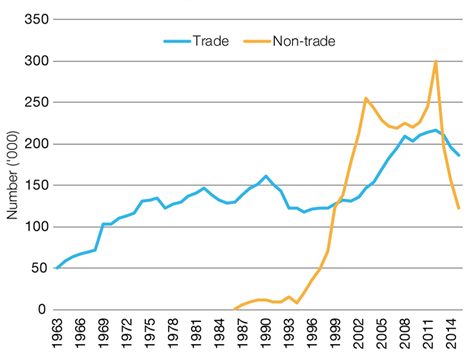
3 December, 2019
The drop in traineeships and apprenticeships. Why is it happening?
A recent figures revealed that the federal government over the last five years has underspent close to $1 billion of its budget on TAFE, training and apprenticeships. This is on top of previous cuts. At the same time, that these budgets cuts are happening, Australia is still experiencing critical skills shortages in several industries. A […]
5 years ago
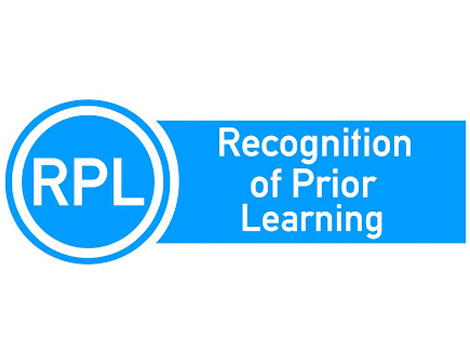
22 August, 2021
RPL Kits-Let’s discuss compliance with clauses 1.8 and 1.12
The legislative requirements The legislation is very clear regarding compliance in RPL kits and why you need to have RPL Kits for every unit of competency you are training and assessing. The legislative instrument includes the following clauses: Assessment 1.8. The RTO implements an assessment system that ensures that assessment (including recognition of prior learning): […]
3 years ago

22 August, 2021
Education standards and politics
We are all well aware that in any country, it is hard to separate politics from educational issues and standards. However, it is quite sad when politics begins to have an impact on education for a variety of negative reasons. Educational standards should be upheld at all times, but using education to score political goals, […]
3 years ago

19 September, 2021
Resource Validation Services: Why outsourcing can be a great option
Following the National Vocational Education and Training Regulator Amendment (Governance and Other Matters) Bill 2020, ASQA has made a significant upgrade to the architecture of the vocational education and training (VET) sector and its approach. The rapid change roadmap includes strengthening ASQA’s strategic stakeholder engagement and education to build provider capacity for self-assurance. In line […]
3 years ago

24 March, 2022
How to ensure your training organisation is compliant with government regulations
If you’re running a vocational education and training organisation in Australia, you need to ensure that your organisation is compliant with government regulations. This article will outline some of the regulations that you need to be aware of, and provide tips on how to ensure compliance. The Australian Skills Quality Authority (ASQA) The Australian Skills […]
3 years ago

17 July, 2022
Some potential challenges with “fee-free TAFE”
Challenges associated with “fee-free” training Recently, the vocational education and training (VET) sector have seen an increase in fee-free training. In this scenario, a government body pays the fees for training, so that students do not have to pay any fees or only pay minimal administration charges. Despite it sounding like a great idea, this […]
2 years ago
Archives
- July 2022
- June 2022
- May 2022
- April 2022
- March 2022
- February 2022
- January 2022
- December 2021
- November 2021
- October 2021
- September 2021
- August 2021
- July 2021
- June 2021
- May 2021
- April 2021
- March 2021
- December 2020
- November 2020
- May 2020
- February 2020
- December 2019
- November 2019
- October 2019
- September 2019
- August 2019
- July 2019
- May 2019
- April 2019
- March 2019
- December 2018
- November 2018
- October 2018
- September 2018
- August 2018
- July 2018
- June 2018
- May 2018
- November 2016
- October 2016

Sukh Sandhu
Chief Executive Officer
Sukh has been working in the VET and Higher Education Industry for over 20 years. In this time, he has held several roles with RTO’s including CEO roles for International Colleges and National Compliance and Quality Assurance Manager roles for several RTO’s, TAFE’s and Universities. Sukh has also worked for ASQA as a Business Systems Project Official.
Sukh has had extensive project management experience in risk management, compliance, administration and as a training consultant. He has extensive knowledge in government compliance standards and has participated in nearly one hundred audits across Australia and provided consultancy advice regarding ASQA/VRQA, TEQSA, ACPET, DET-HESG, VQF/Higher Education, ELICOS, NEAS, ANMAC, AHPRA, CRICOS, ESOS and ISO.
Sukh is a member of several independent professional organisations and government bodies including, ACPET, VELG, ACS, AITD, MARA, MIA, ISANA, APEX, IEEE, The Internet Society (Global Member), AISIP, IAMOT, ACM, OISV, APACALL, IWA, Eta Kappa Nu, EDSIG and several others.

 Enrol Now
Enrol Now Info Pack
Info Pack
